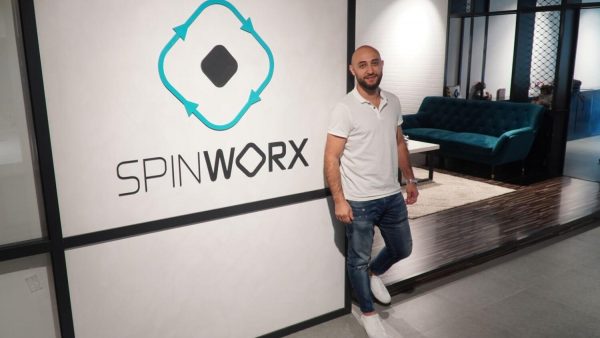by Maan Kaassamani, founder and managing director, SpinWorx Event Management
Multinational brands have a large presence in the GCC countries with a strong purchasing power. Initially, brands started with an intention of attracting consumers without taking into consideration any specific journey flow as direct marketing techniques and communications, whereas the present and future have shifted towards providing customer experience from a Gen Z lens through a tailored journey which caters to the brand moment through a storytelling strategy. In the future, experiential marketing will become one of the main pillars of brand marketing rather than it being an added benefit to the brand. Hence, brands are going towards allocating higher budgets from their marketing departments towards experiential.
Do you want to be a part of the most anticipated and controversial Breakfast Briefing of the year? Join Campaign Breakfast Briefing: Out of Home as we take a deep dive into the most pressing topics in out-of-home advertising. From measurement and digitisation insights and debate to networking with prominent players in the industry, we have it all. Book your seat now.
Experiential marketing creates unique experiences that allow consumers to build an authentic and emotional connection with the brands which is one of the most powerful methods of marketing to date. Experiential marketing maps and creates a journey for the consumers to immerse themselves in the brand. Similarly, the events that create a high level of consumer interaction, provide memorable experiences, build brand awareness and loyalty, and add a unique touch while engaging with the consumers. Consumers become closely involved in brands’ identity and the storytelling behind each product or service from a consumer perspective linking the experience to a product.
The top measurement factors and criteria behind campaigns, according to brand case studies are attendance, social media activities, and the number of leads/data collected. Brands take part in building experiences based on four main objectives; ROI/increase in sales, awareness, launching products/services and generating leads. Given the measurement factors, brands can develop and identify ROI-driven experiences in order to meet their objectives.
However, creativity also plays a huge role in making the event experience exceptional as there is a dedicated creative team that is part of the larger experiential marketing team. These creatives generate out-of-the-box concepts and designs that complement the overall objective of events in a unique way that allow the brands to stand out and link it to the overall experiential journey.










